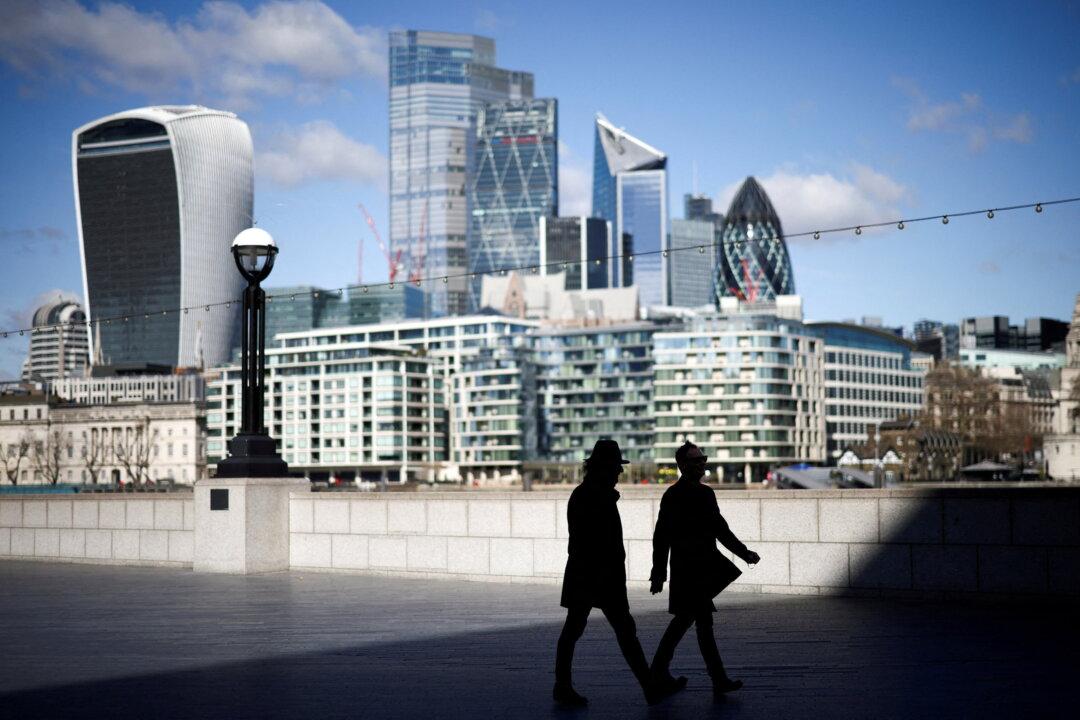The UK economy grew slightly in November, beating expectations of a slump and reducing the risk of the country entering a recession.
According to the latest data from the Office for National Statistics (ONS), Britain’s gross domestic product (GDP) grew by 0.1 percent in the month, as the services sector remained in growth despite the soaring cost of living.





